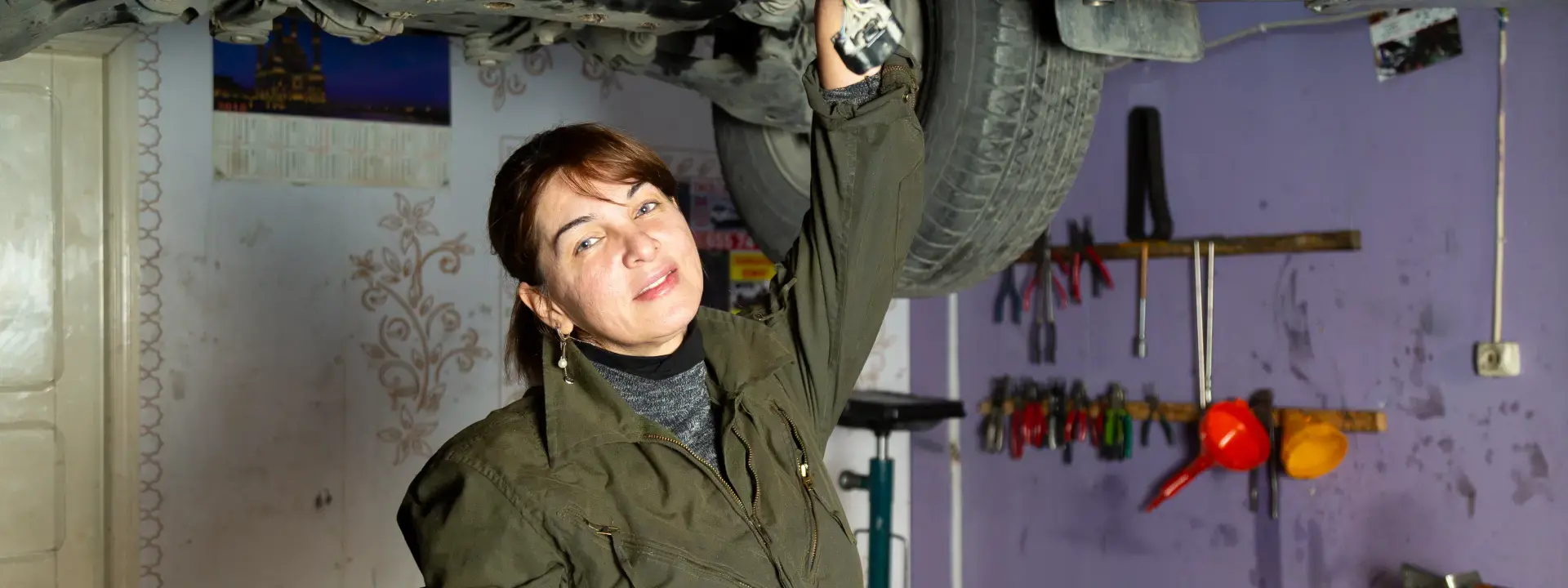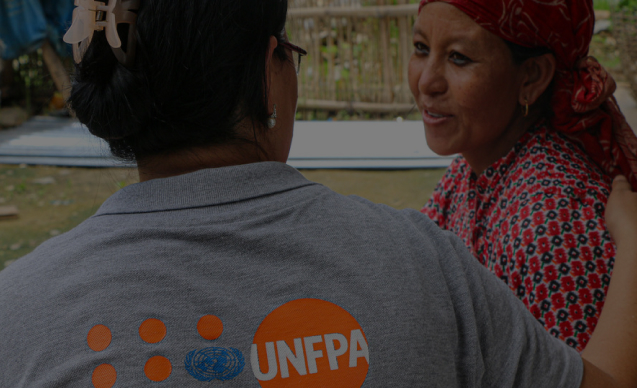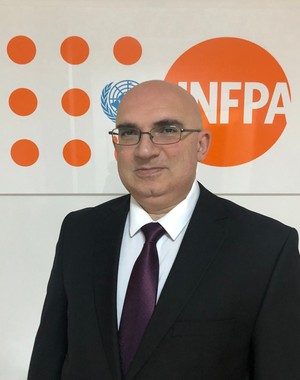About us
UNFPA is the lead UN agency for delivering a world where every pregnancy is wanted, every childbirth is safe and every young person's potential is fulfilled.
UNFPA started its assistance to the Republic of Azerbaijan in 1994 to address the reproductive health concerns of the population. UNFPA established its full-fledged Country Office in Azerbaijan in 1996 and expanded its operations trough the standalone projects aimed at further expanding access to quality family planning and reproductive health services, as well as increased availability of population data.
Within more than 20 years of partnership with Azerbaijani Government UNFPA joined efforts with the civil society organizations, private sector, bilateral and multilateral partners to accelerate progress on the International Conference on Population and Development (ICPD) agenda in Azerbaijan through contribution to the national development priorities.
UNFPA in Azerbaijan continuously strives to advance sexual and reproductive health in the country. The concerted advocacy efforts held by the organization to ensure strengthened national health systems for the purposes of improved family planning led to the adoption of the first ever National Reproductive Health Strategy of the Republic of Azerbaijan (2008-2015). The agency is now closely working with the Government to ensure the follow-up including inter alia through support for the endorsement of the second cycle of the Reproductive Health Strategy as well as adoption of the draft Law on Reproductive Health and Family Planning.
UNFPA in Azerbaijan focuses on enhancing the national capacity to improve the availability, accessibility and utilization of population data as a basis for formulating, implementing and monitoring national policies and programmes to appropriately address both current and future needs. The substantive support was rendered to the Government for conducting the first post-independence (1999) and subsequent (2009) National Population Censuses. The series of quantitative and qualitative surveys and studies have been held to generate the knowledge and evidence on population dynamics and its interlinkages with sexual and reproductive health and rights and gender equality in line with national priorities. The endorsement of the Concept of the Demographic Development followed by the development of the State Program on Population Development and Demography has been acknowledged as a milestone achievement reflecting the Government’s efforts and commitment to better address population and development issues in the country.
UNFPA in Azerbaijan provides crucial support to the Government to create an enabling legal and policy environment for promotion of gender equality and women empowerment. The advocacy efforts to bring the national legislation concerning the women into compliance with the UN Convention on Elimination of All Forms of Discrimination Against Women (CEDAW) have led to the adoption of two landmark laws on the Provisions of Gender Equality (2006) and on Prevention of Domestic Violence (2010). To build upon these achievements UNFPA continues its efforts for the establishment of the national referral mechanism for the victims of gender based violence. UNFPA has taken a lead in the efforts to address gender based discrimination including such harmful practices as gender biased sex selection and early marriages to contribute to full realization of gender equality and women’s rights in the country. To expand the scope of the strategic interventions to promote gender equality in the country UNFPA strives to involve all relevant partners including through its leadership of the UNCT Gender Theme Group.
UNFPA in Azerbaijan recognizes the vital importance of providing opportunities for young people to learn about and protect their own health, including through out of school education on sexual and reproductive health and rights. Youth participation is central to the development of successful programming and UNFPA’s experience in Azerbaijan has once again proved that including young people in issues that directly affect them contributes to their self-confidence, allows them to fully enjoy their fundamental human rights and eventually leads to better decisions.




